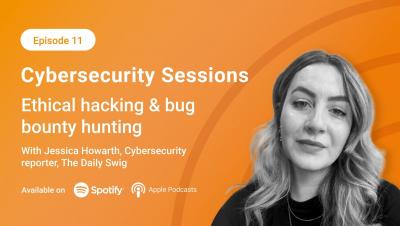Is your security strategy too focused on the next SolarWinds or Log4j?
Cyber-attacks happen around the clock, far more often than can ever be reported outside of the organizations they affect. But sometimes an attack is so widespread and devastating that it sends shockwaves through the business world and even into the mainstream media. Incidents like SolarWinds and Log4j were front page news, sending organizations scrambling to patch them.











